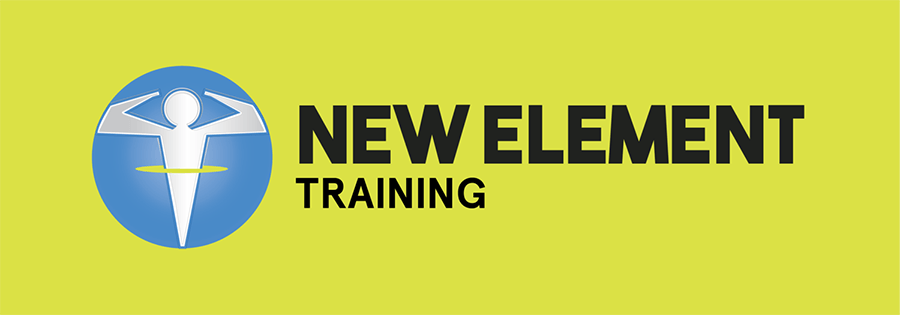The scientific research on strength training is continually evolving. Here are some of the fundamental, peer-reviewed studies that inform our approach at NET:
A research review suggests that training with the highest possible intensity and with one set per exercise is optimal for building muscle (Medicina Sportiva). These results are based on 57 different peer-reviewed journal articles, and they include other guidelines for rest, range of motion, and supplementary endurance training. Read more.
““Muscular strength and endurance adaptations can be achieved by performing 8 -12 repetitions to ‘momentary muscular failure’ while maintaining muscular tension throughout the entire range of motion for most major muscle groups trained once or twice a week.””
For older adults, performing five slow, high-intensity exercises twice a week can have significant benefits (Journal of Sports Medicine). People in their 40s through 60s showed significant gains in strength after just 12-19 weeks of exercise. This kind of exercise can help them access all of the many benefits of strength training. Read more.
High-intensity training can improve heart function (PLoS One). 22 weeks of high-intensity resistance training led to measurable, physiological changes in cardiac atrial and ventricular structure and function in men who were new to training. Read more.
Resistance training to failure improves cardiovascular fitness through a variety of mechanisms (Journal of Exercise Physiology Online). Resistance training is known to improve cardiovascular fitness, including VO2 max. This research review suggests that it may do so by inducing a variety of healthy adaptations in the body: an increase in mitochondrial enzymes, mitochondrial proliferation, the conversion of muscle fibers, and vascular remodeling (including capillarization). Read more.
Resistance training can help with the muscle loss that comes naturally with age (Frontiers in Medicine). As we get older, we’re at risk for sarcopenia, the progressive loss of muscle mass, strength, and function—which contributes to falls, disease, disability, loss of independence, and mortality. Sarcopenia is a reliable marker of your biological age (as opposed to your actual age). Resistance training is the exercise strategy usually recommended to counteract sarcopenia and is effective in increasing muscle mass and strength. Read more.
Resistance training can help make us “younger” at a genetic level (PLoS One). One factor that contributes to sarcopenia—the muscle loss that happens naturally with age—is dysfunction in our mitochondria. Six months of training led to changes in people's genes that indicated better mitochondrial function, as well as gains in strength, effectively making people younger. Read more.
People with higher muscle mass have a lower risk of death (PLoS One). People with low muscle mass had higher body fat, an increased likelihood of diabetes, and higher risk of death, at least for those with a body mass index ≥22. Read more.
People who do strength-based exercise have a 23% lower risk of premature death, and 31% lower risk of death from cancer (American Journal of Epidemiology). “The study shows exercise that promotes muscular strength may be just as important for health as aerobic activities like jogging or cycling,” said associate professor Emmanuel Stamatakis from the University of Sydney. “It may be even more vital when it comes to reducing risk of death from cancer.” Read more.
Resistance training improves cognitive function in people with mild cognitive impairment (Journal of the American Geriatrics Society). These benefits seem to be from building muscle, not from improving aerobic capacity. Read more.
When trying to lose weight, you’re at risk of losing muscle—but resistance training can help (Obesity). The healthiest weight-loss strategies for older adults should maximize fat loss while minimizing muscle loss. According to this study, cutting calories and doing resistance training results in less lean mass lost than cutting calories and doing aerobic training. Adding either type of exercise reduces fat more than simply restricting calories. Read more.
Women can gain upper body strength similarly to men (PeerJ). After 10 weeks of resistance training, men and women made similar gains in upper body strength. "One should not expect to find limitations in upper body strength development in women," wrote a research team led by Paulo Gentil at the University of Goias. Read more.
Protein supplements can significantly enhance your gains from strength training (British Journal of Sports Medicine). Evidence from 49 studies suggests that supplementing with protein (up to 1.6 grams per kilogram of body weight per day) helps build muscle strength and size during resistance exercise training. Read more.

